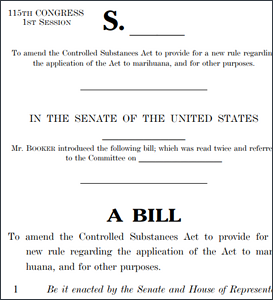Human resources expert weighs in
 The recent controversy over the now infamous Google Memo (and the author’s subsequent firing) has many Americans wondering if free speech is allowed in the workplace. What rules govern our ability to express ourselves in the office, and was the termination of the senior software engineer fair?
The recent controversy over the now infamous Google Memo (and the author’s subsequent firing) has many Americans wondering if free speech is allowed in the workplace. What rules govern our ability to express ourselves in the office, and was the termination of the senior software engineer fair?
Rob Wilson, President of Employco USA and human resources expert, says, “Google ultimately decided to fire employee James Damore because they said that his memo advanced harmful gender stereotypes, stereotypes which were offensive towards Google’s female staff and clients. However, many people are furious with Google’s decision, saying that it proves free speech is no longer allowed in the American workplace.”
Wilson further says, “Damore did not send this memo to his friends or family, or even post it on his own social media. He used company property to send this memo to his coworkers. This gives Google the grounds to fire him, as he is expressing controversial beliefs on company time and distracting his coworkers with his opinions.”
Whether or not you agree with Damore’s opinions, the fact remains employers have the right to prevent and punish speech which is political and divisive in nature. “Whether it’s an email saying nasty things about President Trump or an email complaining about diversity hiring, employees need to be cognizant of the fact that free speech does not mean freedom from consequences. If your employer finds your opinions to be distracting and offensive to other employees, they are within their rights to reprimand you for this.”
For more on this topic, please contact Rob Wilson at rwilson@thewilsoncompanies.com.
 A new congressional bill named “The
A new congressional bill named “The